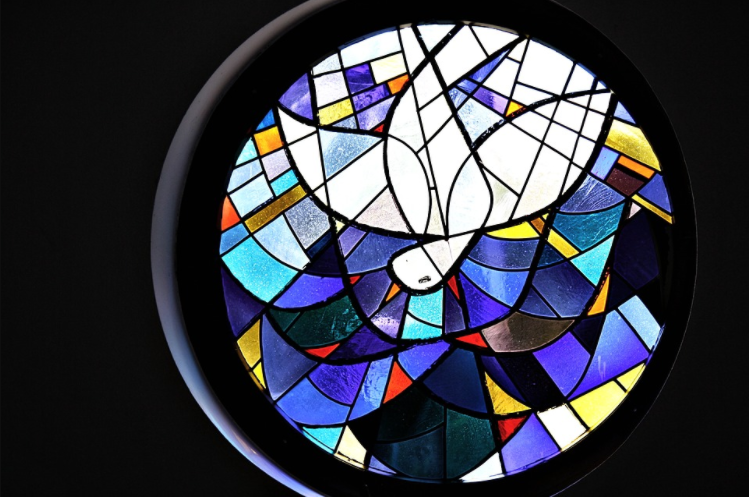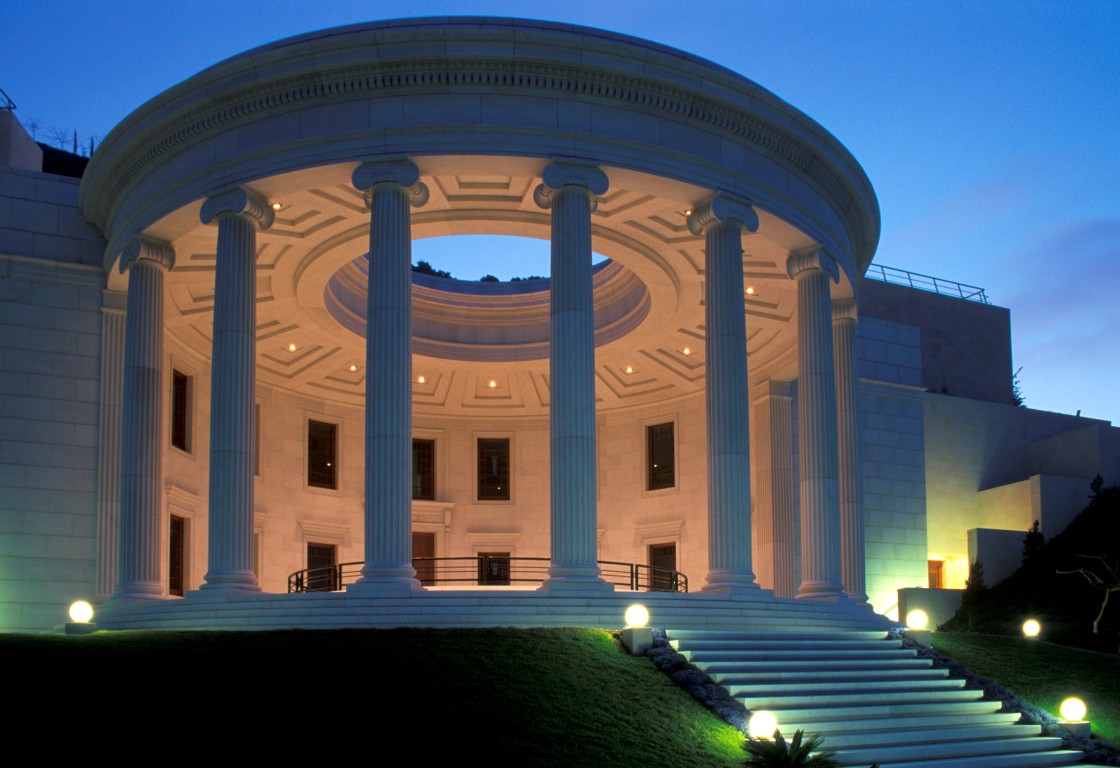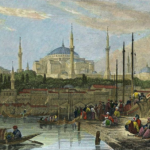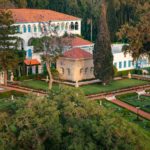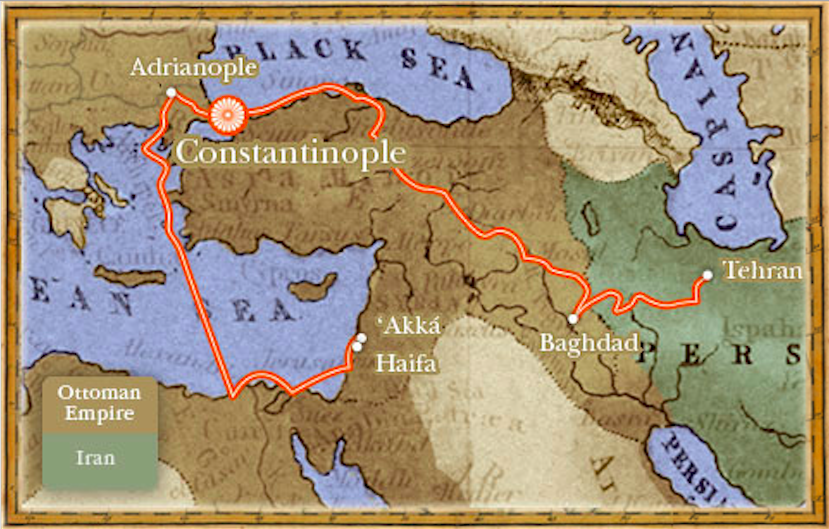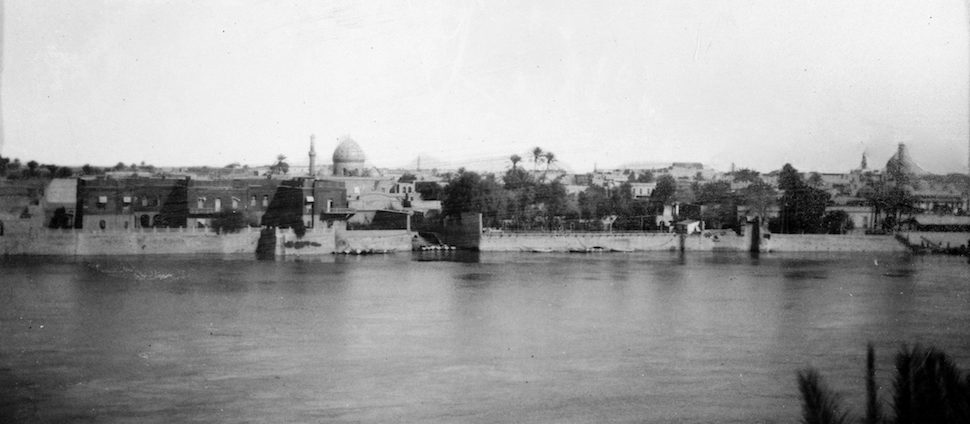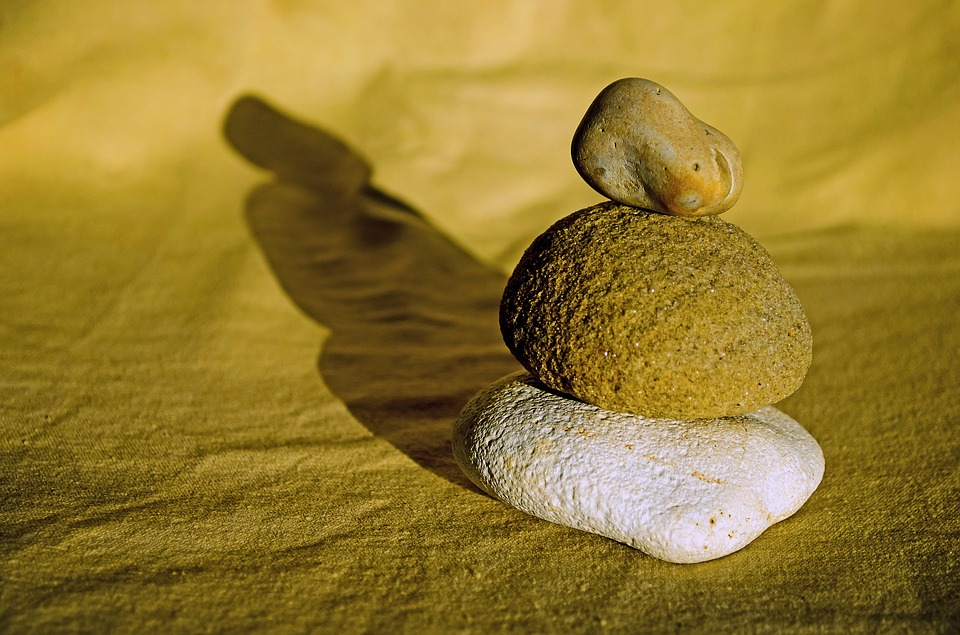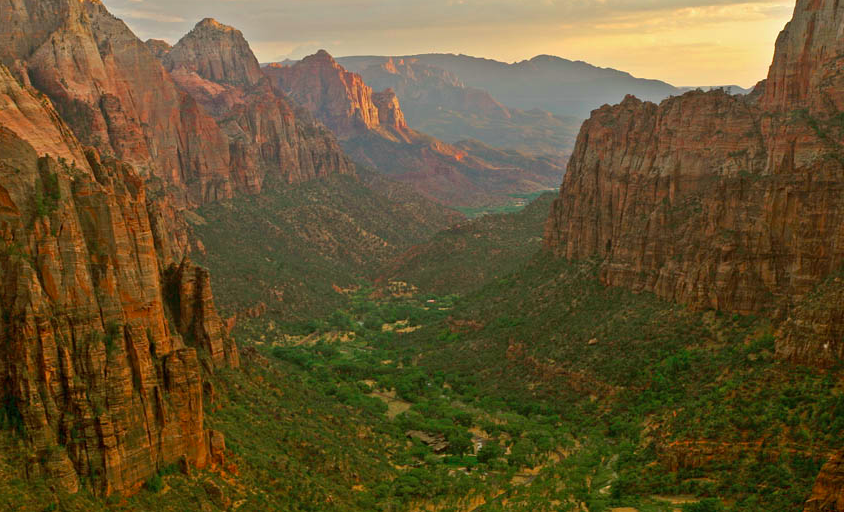
Seeker

For me, it was like the lifting of a darkness of which I had previously been unaware. The lights were on; a new beauty and truth was in the world, and there was no going back. The journey the seeker follows to faith is not an easy one. It is really impossible to describe. For some it is completed in an instant. For some (as in my case) it can take time – a long time. It is a journey that is never really completed. And to those who haven’t made the journey, it may seem like a bewildering and impossible road.
It is a search that demands something of us. It doesn’t yield its secrets easily. The pursuit of this journey requires the qualities of a “seeker”.
Bahá’u’lláh talks about these qualities in both literal and metaphorical terms. The metaphor of the lover, Majnun, seeking his beloved, Layli, we have already seen in a previous article.
It is related that one day they came upon Majnún sifting the dust, and his tears flowing down. They said, “What doest thou?” He said, “I seek for Laylí.” They cried, “Alas for thee! Laylí is of pure spirit, and thou seekest her in the dust!” He said, “I seek her everywhere; haply somewhere I shall find her.”[1]
Another metaphor is the story of the grammarian and the mystic.
The story is told of a mystic knower, who went on a journey with a learned grammarian as his companion. They came to the shore of the Sea of Grandeur. The knower straightway flung himself into the waves, but the grammarian stood lost in his reasonings, which were as words that are written on water. The knower called out to him, “Why dost thou not follow?” The grammarian answered, “O Brother, I dare not advance. I must needs go back again.” Then the knower cried, “Forget what thou didst read in the books of Síbávayh and Qawlavayh, of Ibn-i-Ḥajíb and Ibn-i-Málik, and cross the water.”
The death of self is needed here, not rhetoric:
Be nothing, then, and walk upon the waves.[2]
These teachings require qualities most of us (myself included) might struggle to see within ourselves.
A well-known passage from Bahá’u’lláh’s Book of Certitude describes the qualities of the seeker another way. It (perhaps) makes the search seem like something we might attempt. Here is a brief selection from that passage:
… O my brother, when a true seeker determineth to take the step of search in the path leading to the knowledge of the Ancient of Days, he must, before all else, cleanse and purify his heart, which is the seat of the revelation of the inner mysteries of God, from the obscuring dust of all acquired knowledge…. He must purge his breast, which is the sanctuary of the abiding love of the Beloved, of every defilement, and sanctify his soul from all that pertaineth to water and clay…. He must so cleanse his heart that no remnant of either love or hate may linger therein, lest that love blindly incline him to error, or that hate repel him away from the truth…. That seeker must at all times put his trust in God, must renounce the peoples of the earth, detach himself from the world of dust, and cleave unto Him Who is the Lord of Lords. He must never seek to exalt himself above anyone, must wash away from the tablet of his heart every trace of pride and vainglory….
That seeker should … be content with little, and be freed from all inordinate desire…. At the dawn of every day he should commune with God, and with all his soul persevere in the quest of his Beloved. He should consume every wayward thought with the flame of His loving mention, and, with the swiftness of lightning, pass by all else save Him. He should succor the dispossessed, and never withhold his favor from the destitute. He should show kindness to animals, how much more unto his fellowman, to him who is endowed with the power of utterance. He should not … allow the censure of the people to turn him away from the Truth. He should not wish for others that which he doth not wish for himself, nor promise that which he doth not fulfill….
… Whensoever he hath fulfilled the conditions implied in the verse: “Whoso maketh efforts for Us,” he shall enjoy the blessing conferred by the words: “In Our ways shall We assuredly guide him.”[3]
Image Credits: By Diliff – Zion Canyon, CC BY-SA 3.0, https://commons.wikimedia.org/w/index.php?curid=305224
This article is the 22nd in a series of what I hope will become 200 articles in 200 days for the 200th anniversary of the birth of Bahá’u’lláh. The anniversary is being celebrated around the world on 21 and 22 October 2017. The articles are simply my personal reflections on Bahá’u’lláh’s life and work. Any errors or inadequacies in these articles are solely my responsibility.
